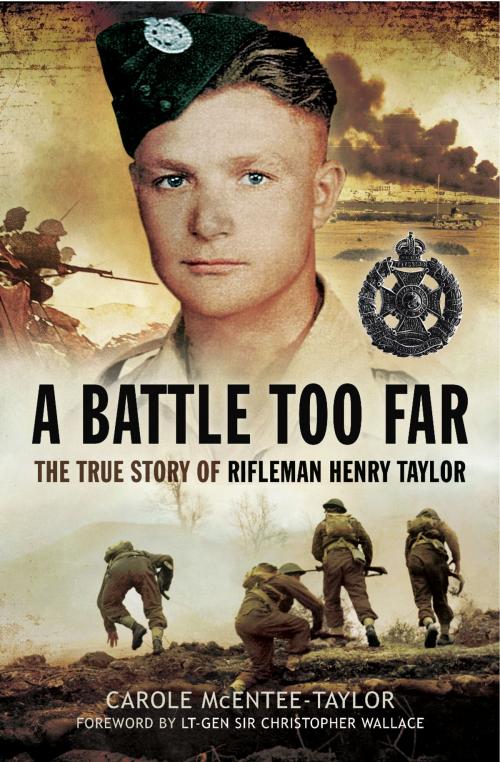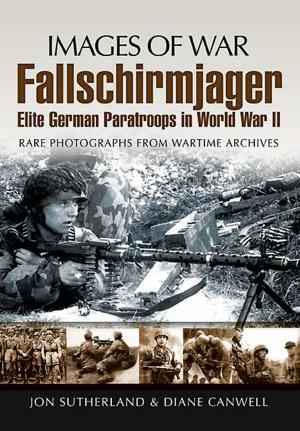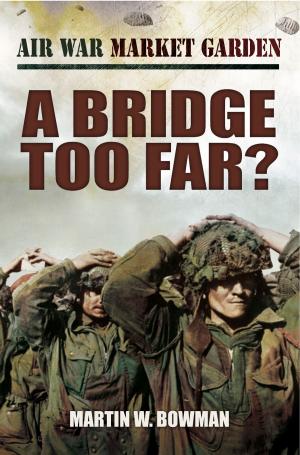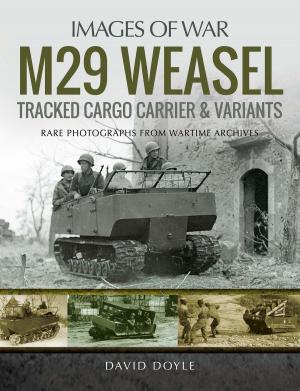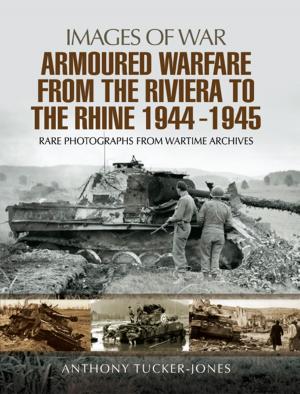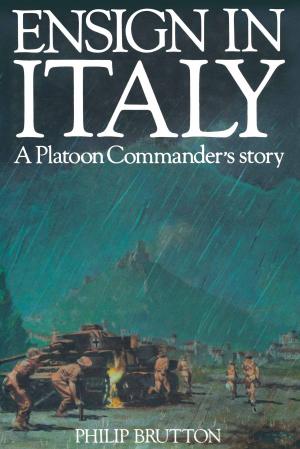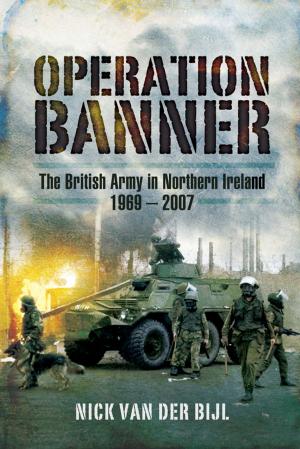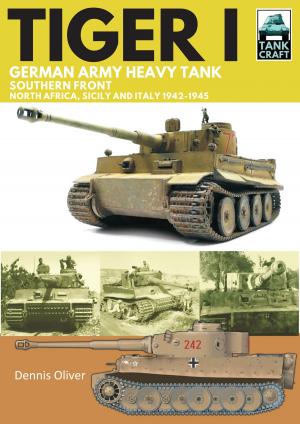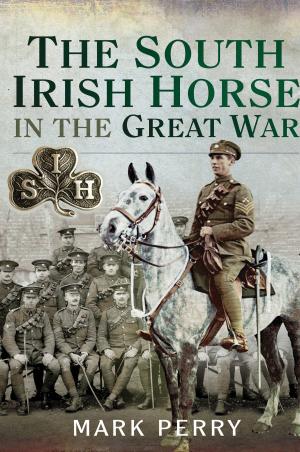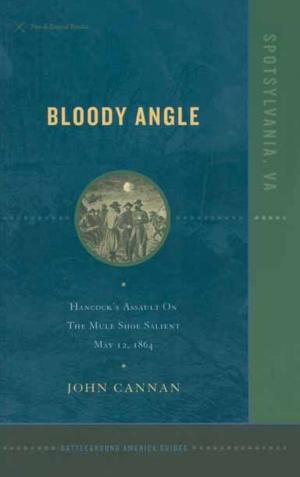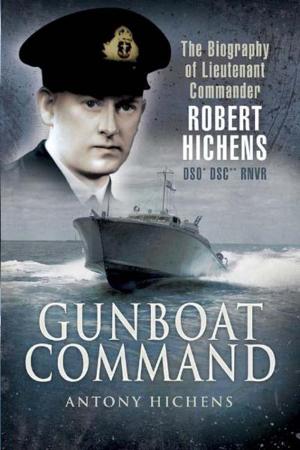| Author: | Carole Mcentee-Taylor | ISBN: | 9781473831490 |
| Publisher: | Pen and Sword | Publication: | November 20, 2013 |
| Imprint: | Pen and Sword Military | Language: | English |
| Author: | Carole Mcentee-Taylor |
| ISBN: | 9781473831490 |
| Publisher: | Pen and Sword |
| Publication: | November 20, 2013 |
| Imprint: | Pen and Sword Military |
| Language: | English |
Port Said September 1st 1945 "As the ship pulled into Alex, the dockside was a hive of activity. The captain had radioed ahead and so there was a battalion of the Kings' African Rifles (KAR)waiting to disarm us as we disembarked. All these KAR's were standing at the order as a staff officer informed us that we were to be placed under arrest and escorted to Khartoum, here we would contemplate our mutiny for 2 years. Our battalion was still under arms; the sound of the cocking of weapons greeted the officer's threat, and a lone voice asked "And who's going to escort the darkies?" All our officers were powerless, we had the drop on the KAR's, all that was needed was for someone to pull the trigger. A Battle Too Far is the true story of Rifleman Henry Taylor 6923581, late 7th Battalion The Rifle Brigade (1stBattalion London Rifle Brigade) and is based on his diaries and recollections as told to his son Lawrence. The Foreword is by Lt-Gen Sir Christopher Wallace Chairman of The Royal Green Jackets (Rifles) Museum in Winchester. Henry's war began in October 1942 as the 2nd Battle of El Alamein commenced and continued almost non-stop for the next three years. From El Alamein to Tunisia he fought with the 8th Army as they finally pushed Rommel back to the sea. Expecting to return to Britain in preparation for D Day at the last minute plans were changed and they were ordered to Italy instead. Here they found themselves fighting for every inch of land against determined, well dug-in defenders, in conditions often resembling the trenches of WW1. Their reward? Their campaigns forgotten as the world concentrated on the D Day invasion and to be called 'D Day Dodgers' despite enduring some of the heaviest fighting of the war. As Europe celebrated VE Day Henry's war continued as they raced to Austria to prevent Yugoslav forces annexing Carinthia in the opening shots of the Cold War. Then, as the men around him were de-mobbed, Henry and the rest of the Battalion were sent back to Egypt to protect British interests in the continuing civil unrest. Dejected and fed up it only took one incident to spark a mutiny. As featured in The Enfield Gazette.
Port Said September 1st 1945 "As the ship pulled into Alex, the dockside was a hive of activity. The captain had radioed ahead and so there was a battalion of the Kings' African Rifles (KAR)waiting to disarm us as we disembarked. All these KAR's were standing at the order as a staff officer informed us that we were to be placed under arrest and escorted to Khartoum, here we would contemplate our mutiny for 2 years. Our battalion was still under arms; the sound of the cocking of weapons greeted the officer's threat, and a lone voice asked "And who's going to escort the darkies?" All our officers were powerless, we had the drop on the KAR's, all that was needed was for someone to pull the trigger. A Battle Too Far is the true story of Rifleman Henry Taylor 6923581, late 7th Battalion The Rifle Brigade (1stBattalion London Rifle Brigade) and is based on his diaries and recollections as told to his son Lawrence. The Foreword is by Lt-Gen Sir Christopher Wallace Chairman of The Royal Green Jackets (Rifles) Museum in Winchester. Henry's war began in October 1942 as the 2nd Battle of El Alamein commenced and continued almost non-stop for the next three years. From El Alamein to Tunisia he fought with the 8th Army as they finally pushed Rommel back to the sea. Expecting to return to Britain in preparation for D Day at the last minute plans were changed and they were ordered to Italy instead. Here they found themselves fighting for every inch of land against determined, well dug-in defenders, in conditions often resembling the trenches of WW1. Their reward? Their campaigns forgotten as the world concentrated on the D Day invasion and to be called 'D Day Dodgers' despite enduring some of the heaviest fighting of the war. As Europe celebrated VE Day Henry's war continued as they raced to Austria to prevent Yugoslav forces annexing Carinthia in the opening shots of the Cold War. Then, as the men around him were de-mobbed, Henry and the rest of the Battalion were sent back to Egypt to protect British interests in the continuing civil unrest. Dejected and fed up it only took one incident to spark a mutiny. As featured in The Enfield Gazette.
